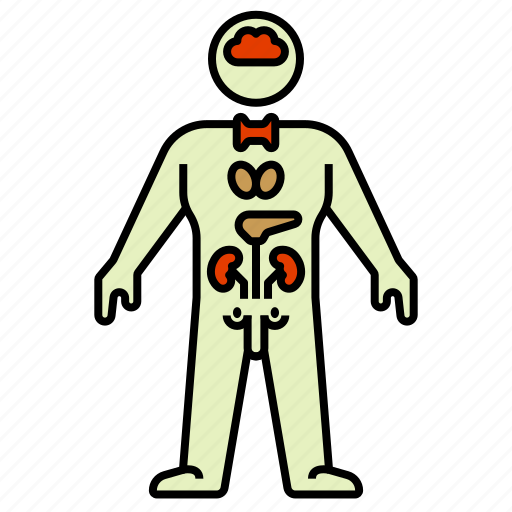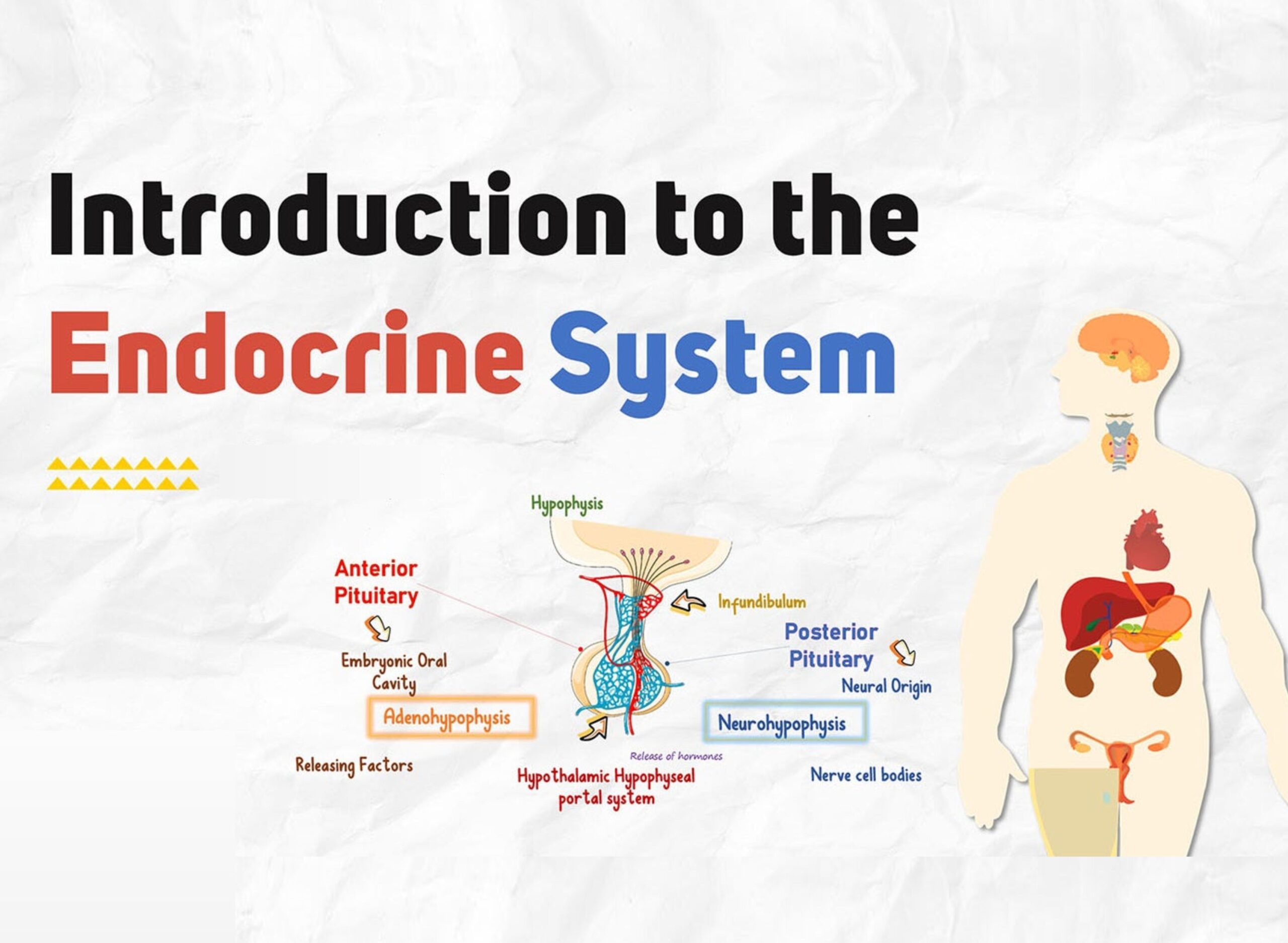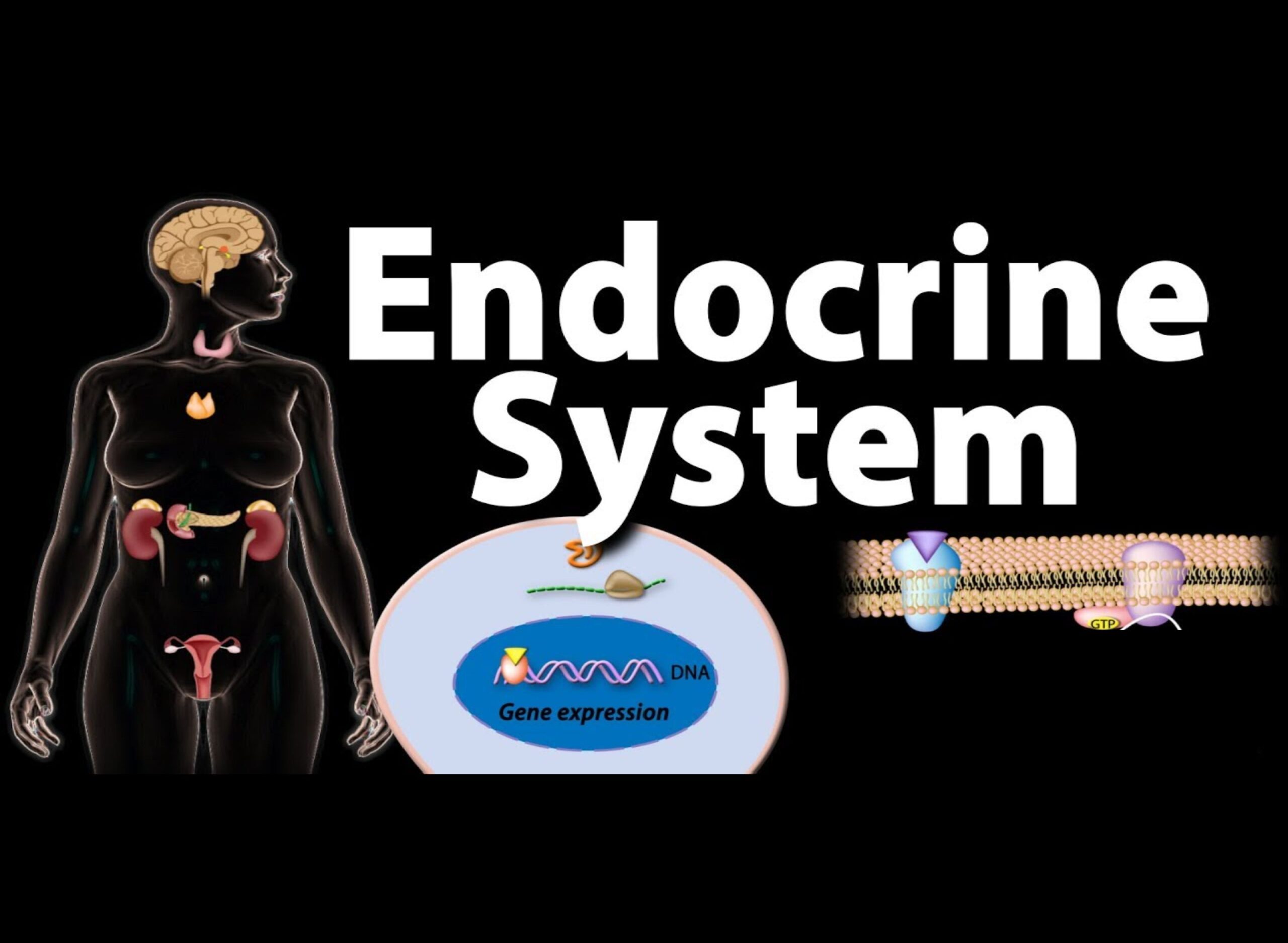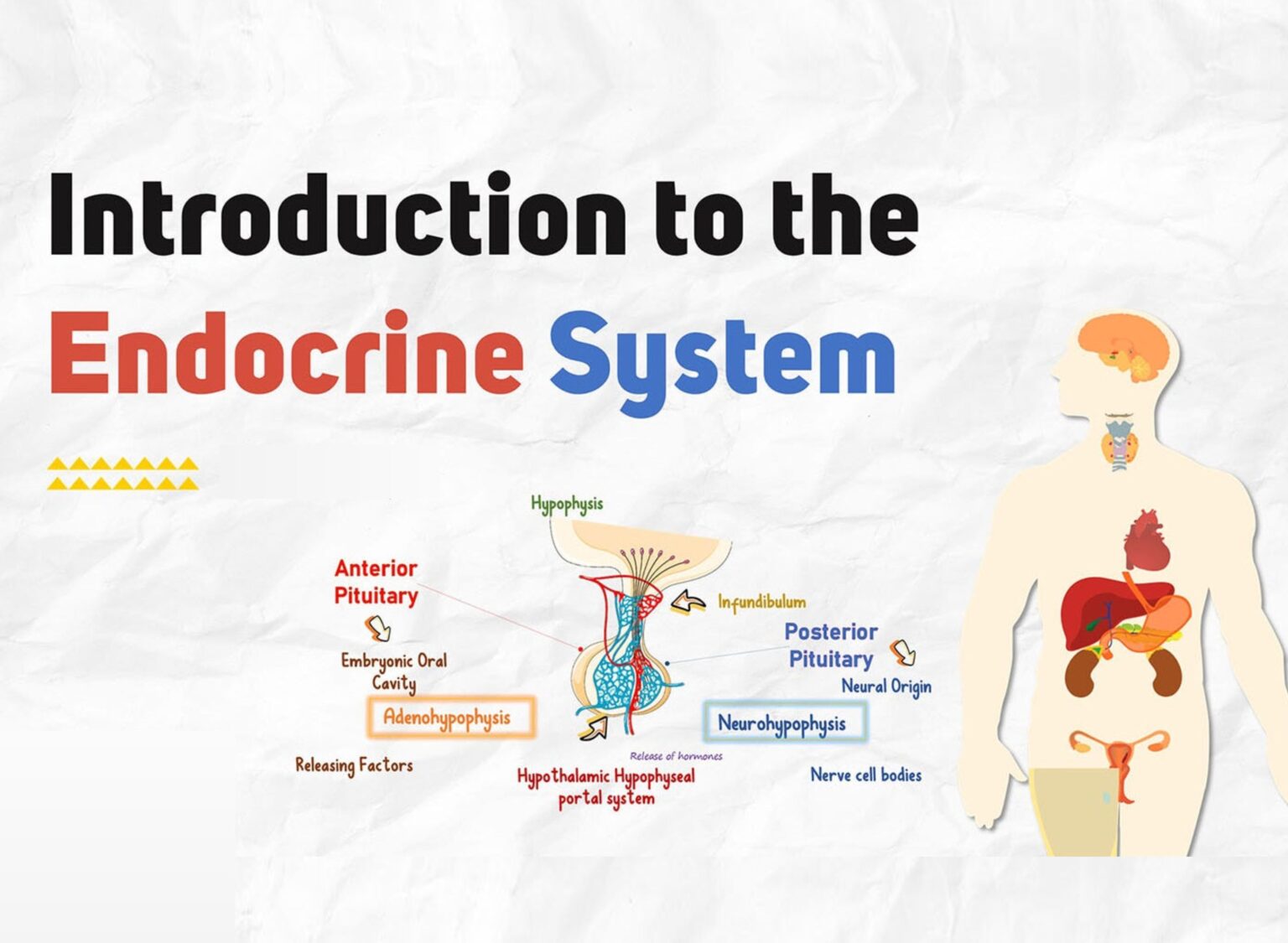
Endocrinology is the branch of medicine that focuses on studying and managing disorders related to hormones and the endocrine system. The endocrine system consists of glands that produce hormones, which are chemical messengers regulating various bodily functions such as metabolism, growth and development, tissue function, sexual function, reproduction, sleep, and mood. Endocrinologists are medical specialists who diagnose and treat conditions affecting these glands and hormonal imbalances, including diabetes, thyroid disorders, adrenal issues, and more.
You should visit an endocrinologist if you experience issues related to hormones, such as diabetes, thyroid disorders, reproductive problems, metabolic issues, bone health concerns, or growth disorders. If you notice symptoms in these areas, a visit to an endocrinologist may be beneficial. Always consult with your primary care physician first, who can provide guidance and make referrals if needed.

My grandfather is diabetes patient. They meet Ankit manglunia. Now grand Paa is feeling well. I recommend all of you. He is the best diabetes specialist in jaipur.
I had a good experience with Dr Ankit Manglunia. He make me understand the complexity of the disease in a very simple way. Thanks Dr Ankit Manglunia
Great experience with staff & Ankit manglunia sir Endocrine / Diabetes Specialist in Jaipur👍🏻 …
I found the best diabetes doctor near me at saket hospital Ankit manglunia sir. endocrine specialist.
Hormonal function is a balancing act. Too much or too little of one hormone can have an impact on the release of other hormones. If this hormonal imbalance occurs, some of your body’s systems will not work properly.
These imbalances can often be corrected by the body itself. Your body has built-in mechanisms to keep track of and respond to any changes in hormone levels to bring them back to normal and restore the balance.
Sometimes, however, this system goes wrong and there can be a problem that the body can’t fix itself. In this case, a primary care physician will refer you to an endocrinologist, who is an expert in treating frequently complex (and often chronic) conditions which can involve several different systems within the body.


Endocrinology is the branch of medicine that deals with the study of
hormones, the endocrine system, and the diseases and conditions
related to hormone imbalances.
An endocrinologist is a medical specialist who diagnoses and treats
disorders related to hormones and the endocrine system. They manage
conditions such as diabetes, thyroid disorders, and hormonal
imbalances.
Symptoms can vary widely but may include fatigue, weight changes,
mood swings, irregular menstrual cycles, changes in libido, and issues
with metabolism.
Hormones play a crucial role in regulating metabolism. Conditions such
as insulin resistance can impact metabolic processes and lead to
conditions like diabetes
Hormonal balance plays a crucial role in maintaining overall health and well-being. When hormones are in harmony, they regulate various bodily functions, including metabolism, mood, sleep, reproduction, and immune response. Imbalances in hormones can lead to a range of health issues, such as weight gain, fatigue, mood swings, infertility, and increased risk of chronic diseases like diabetes and heart disease. Therefore, achieving and maintaining hormonal balance is essential for promoting a healthy lifestyle and preventing health complications.

